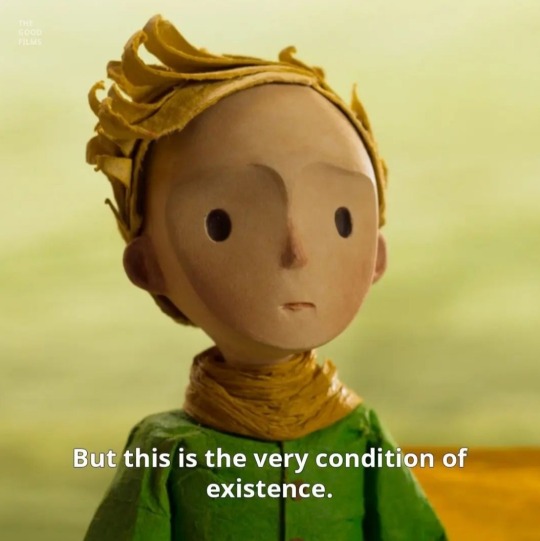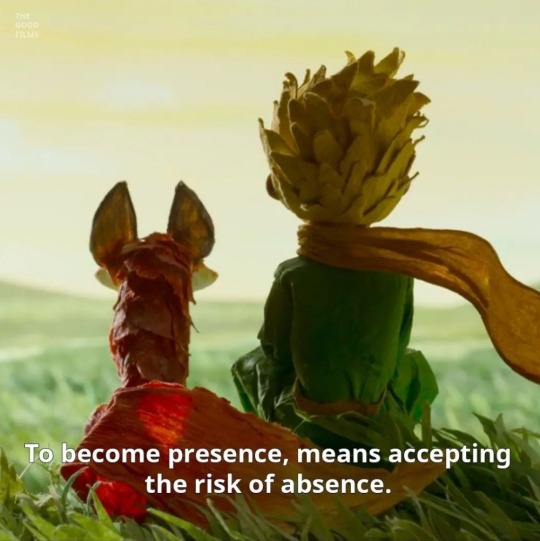she / her • currently watching: one piece, kaguya-sama, spy x family
Don't wanna be here? Send us removal request.
Text




How I imagine a domestic nejiten morning to go
2K notes
·
View notes
Text
me writing fictional couples: oh wow…. the tenderness, the devotion, the romance
me irl:

117K notes
·
View notes
Text
like ideologically I disagree with capitalism but I do love shopping. I'm a shopper. I take my little coins and I get treats in return.
45K notes
·
View notes
Text








LOVE IS STORED IN FOOD.
anne carson, recreation // mirror mirror (2012) // denis sarazhin // christopher citro, our beautiful life when it’s filled with shrieks // @xue-mei // gaspard and lisa // jeanette winterson, the white room // ross gay, catalog of unabashed gratitude
3K notes
·
View notes
Text
mr brightside voice now shes going to bed and shes going to bed and shes going to bed and shes going to bed
34K notes
·
View notes
Text
the bravery of a girl who has to decide what is for dinner and then cook it and then wash dishes every day forever and ever.
203K notes
·
View notes
Text
Developing Self-Discipline
Source: kimberlystudies.tumblr.com
Self-discipline can be considered a type of selective training, creating new habits of thought, action, and speech toward improving yourself and reaching goals. Self-discipline can also be task oriented and selective. View self-discipline as positive effort, rather than one of denial.
Schedule a small task for a given time of the day. Practice deliberate delaying.
Schedule a particular task in the morning and once in the evening.
The task should not take more than 15 minutes.
Wait for the exact scheduled time. When the schedule time is due, start the task.
Stick to the schedule for at least two months.
Advantage: Scheduling helps you focus on your priorities. By focusing on starting tasks rather than completing them, you can avoid procrastination.
Schedule a task and hold to its time; Avoid acting on impulse.
Track your progress; At the end of the allotted time, keep a record of accomplishment that builds over time.
If you begin to have surplus time, fill it with small tasks, make notes to yourself, plan other tasks, etc.
Advantage: Building a record will help you track how much time tasks take.
If you begin to have surplus time, fill it with small tasks, make notes to yourself, plan other tasks, etc.
Harness the power of routine.
Instead of devoting a lot of hours one day, and none the other and then a few on an another day and so on, allocate a specific time period each day of the week for that task.
Hold firm.
Don’t set a goal other than time allocation, simply set the habit of routine.
Apply this technique to your homework or your projects, you will be on your way to getting things done
Advantage: You are working on tasks in small increments, not all at once. You first develop a habit, then the habit does the job for you.
Use self discipline to explore time management
Time management can become an overwhelming task. When you do not have control over your own self, how can you control time? Begin with task-oriented self-discipline and build from there.
Advantage: As you control tasks, you build self-discipline. As you build self-discipline, you build time management. As you build time management, you build self-confidence.
Maintain a self-discipline log book.
Record the start and end times of the tasks.
Review for feedback on your progress
Advantage: This log book can be a valuable tool to get a better picture over your activities in order to prioritize activities, and realize what is important and not important on how you spend your time.
Schedule your work day and studies.
When you first begin your work day, or going to work take a few minutes and write down on a piece of paper the tasks that you want to accomplish for that day.
Prioritize the list.
Immediately start working on the most important one.
Try it for a few days to see if the habit works for you.
Habits form over time: how much time depends on you and the habit.
Advantage: When you have a clear idea as to what you want to achieve for the day at its start, the chances are very high that you will be able to proactively accomplish the tasks. Writing or sketching out the day helps.
Discouragement:
Do not be intimidated; do not be put off by the challenge
If you slip, remember this is natural
Take a break and then refresh the challenge
Tricks:
Associate a new habit with an old one: If you drink coffee, make that first cup the time to write out and prioritize your tasks.
Advantage: Association facilitates neural connections!
Mark your progress:
On a calendar in your bathroom, on a spreadsheet at your computer, on your breakfast table: Check off days you successfully follow up. If you break the routine, start over!
Advantage: Visualizing is a ready reinforcement of progress
Role models:
Observe the people in your life and see to what extent self discipline and habits help them accomplish goals. Ask them for advice on what works, what does not.
1K notes
·
View notes
Photo

The Enigma of Amigara Fault
This short story by Junji Ito is about a fault that appears in Amigara mountain after an earthquake. The earthquake exposes countless human-shaped holes in the mountain which seem to have been made about a thousand years ago. People, intrigued by these silhouettes, gather at the site and that’s when things get creepy.
It’s about a 15-20 min read, but if you haven’t read this before, you’re in for a treat. Link above.
75K notes
·
View notes
Text
It is good for the soul to microdose being a hater....so long as one remembers to always macrodose minding ones own business....
53K notes
·
View notes
Text
“You don’t know anyone at the party, so you don’t want to go. You don’t like cottage cheese, so you haven’t eaten it in years. This is your choice, of course, but don’t kid yourself: it’s also the flinch. Your personality is not set in stone. You may think a morning coffee is the most enjoyable thing in the world, but it’s really just a habit. Thirty days without it, and you would be fine. You think you have a soul mate, but in fact you could have had any number of spouses. You would have evolved differently, but been just as happy. You can change what you want about yourself at any time. You see yourself as someone who can’t write or play an instrument, who gives in to temptation or makes bad decisions, but that’s really not you. It’s not ingrained. It’s not your personality. Your personality is something else, something deeper than just preferences, and these details on the surface, you can change anytime you like. If it is useful to do so, you must abandon your identity and start again. Sometimes, it’s the only way.”
— Julien Smith, The Flinch (via wnq-anonymous)
115K notes
·
View notes

















